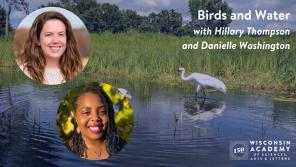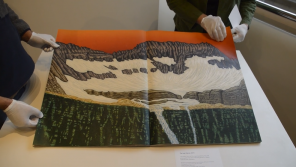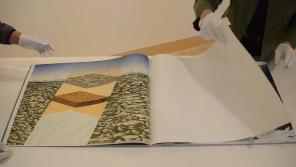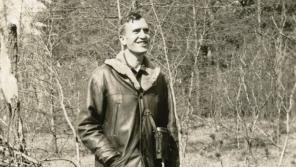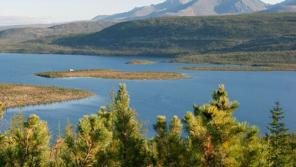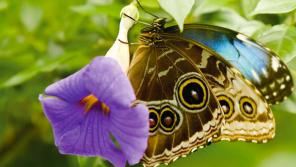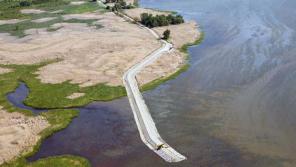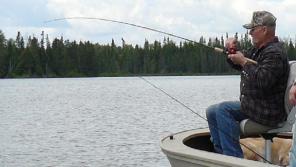ecological conservation
Join Hillary Thompson, Whooping Crane Project Manager at the International Crane Foundation, and Danielle Washington, Program Manager at Community Water Services, for an insightful talk on the importance of clean and healthy water for waterbirds a
The Last Glacier collective has created two monumental artists’ books that feature their original woodcut prints and photographs.
The Last Glacier collective has created two monumental artists’ books that feature their original woodcut prints and photographs.
Schmidt Maple Woods were formative to the life and career of the youngest member of the family, Franklin Schmidt, who grew up to become a pioneer in the field of game management.
If climate change was the star of the recently concluded Paris Climate Conference (COP21), ecology played a key supporting role.
Zoologist and Academy Fellow Allen M. Young reveals the delicate evolutionary dance between tropical butterflies and plants.
I looked over the edge of the boat at the slim shadows schooling below. Beneath the crystal blue water I could only make out their forms. Their shape, number, and the way they swam over and past one another reminded me of a bucket of minnows.
In the waters of Green Bay, a forty-year effort involving many stakeholders is balancing the needs of a modern shipping industry with the preservation of shoreline bird habitat.
Earnest leaned over the edge of the boat, trying to catch a glimpse of his rod and reel which were lying 20 feet down on the bottom of Snowbank Lake.
I’ve spent much of my professional life in Wisconsin working on water and related natural resources science and policy issues.
- 1 of 2
- next ›
Contact Us
contact@wisconsinacademy.org
Wisconsin Academy Offices
1922 University Avenue
Madison, Wisconsin 53726
Phone: 608.733.6633
James Watrous Gallery
3rd Floor, Overture Center for the Arts
201 State Street
Madison, WI 53703
Phone: 608.733.6633 x25

